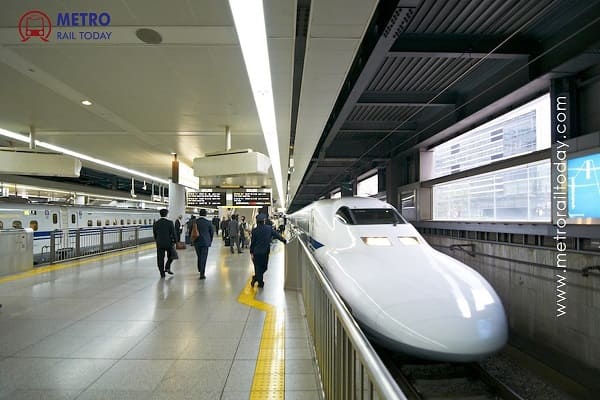 First Undersea Tunnel Breakthrough achieved on Mumbai-Ahmedabad Bullet Train Project
First Undersea Tunnel Breakthrough achieved on Mumbai-Ahmedabad Bullet Train Project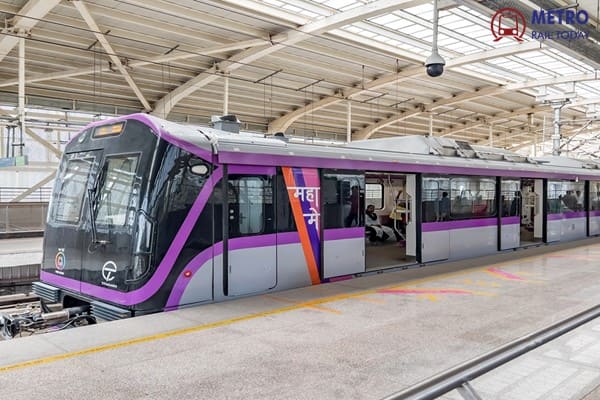 ITD Cementation wins ₹1,644 Cr Civil Contract for Swargate - Katraj UG section of Pune Metro
ITD Cementation wins ₹1,644 Cr Civil Contract for Swargate - Katraj UG section of Pune Metro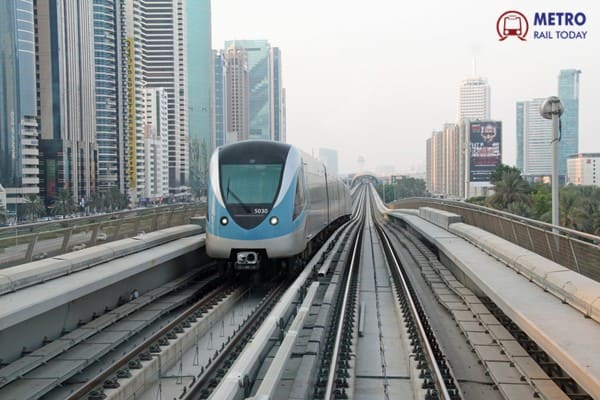 Beyond the Rails: What Indian Metros Can Learn from the World's Best
Beyond the Rails: What Indian Metros Can Learn from the World's Best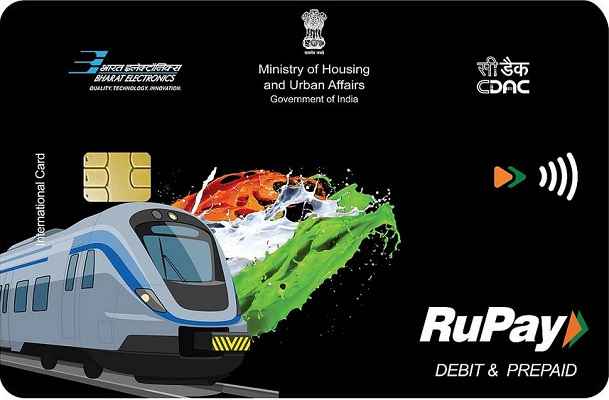 One Nation, One Card: Delhi to launch colour-coded Smart Mobility Cards for Metro, RRTS and Bus
One Nation, One Card: Delhi to launch colour-coded Smart Mobility Cards for Metro, RRTS and Bus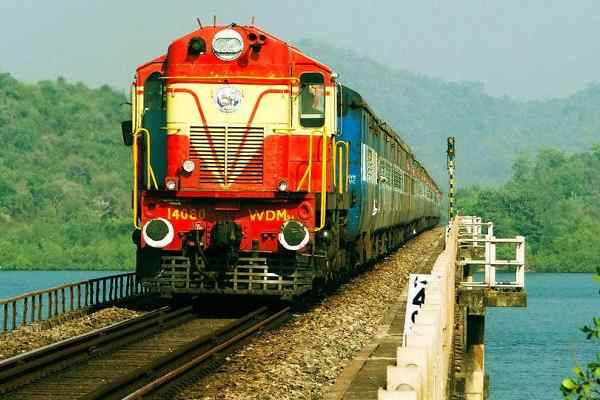 Lotus Wireless Technologies bags Kavach 4.0 Safety System Order for Indian Railways
Lotus Wireless Technologies bags Kavach 4.0 Safety System Order for Indian Railways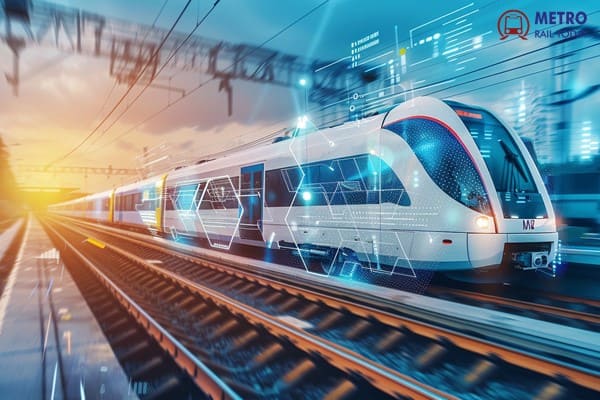 Concord Control Systems bags First Order for KAVACH 4.0 from Indian Railways
Concord Control Systems bags First Order for KAVACH 4.0 from Indian Railways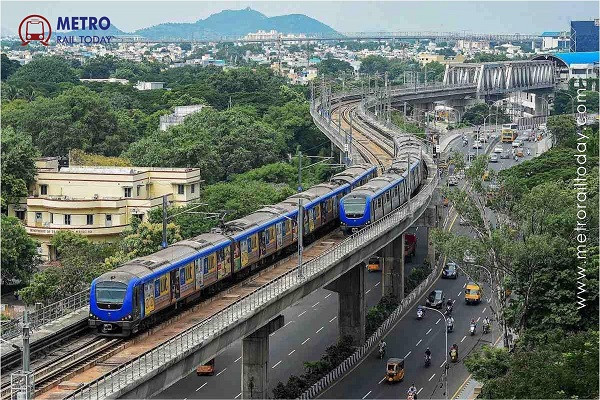 Chennai Metro achieves Engineering Feat at Vadapalani with 3-Level Metro Viaduct on Corridor 4
Chennai Metro achieves Engineering Feat at Vadapalani with 3-Level Metro Viaduct on Corridor 4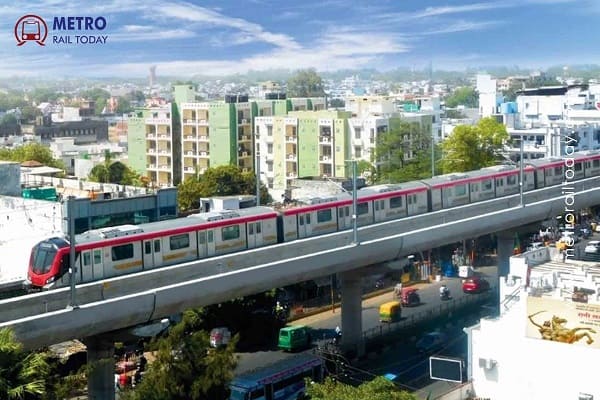 Lucknow Metro: Know 8 Civil Engineering Marvels That Blend Modernity with Heritage
Lucknow Metro: Know 8 Civil Engineering Marvels That Blend Modernity with Heritage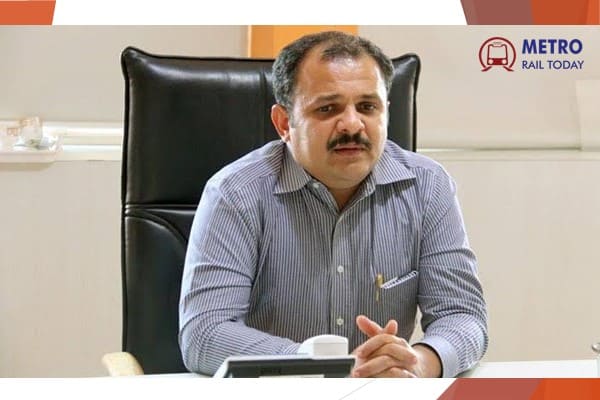 Maha Metro’s Bold Vision: Shravan Hardikar on redefining Urban Mobility in Pune, Nagpur and Thane
Maha Metro’s Bold Vision: Shravan Hardikar on redefining Urban Mobility in Pune, Nagpur and Thane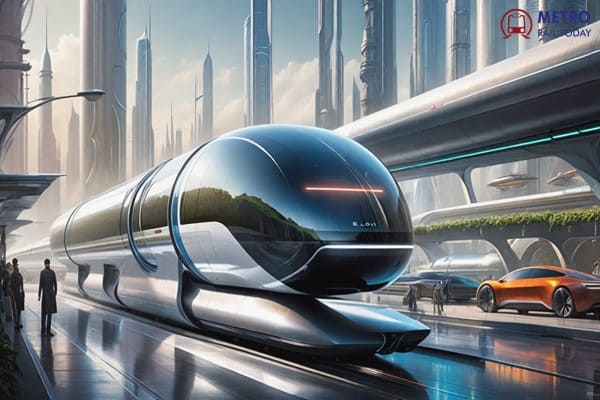 TuTr Hyperloop and IPRCL sign MoU to reinvent Cargo movement at Indian Ports
TuTr Hyperloop and IPRCL sign MoU to reinvent Cargo movement at Indian Ports
BEML to begin production of India’s First Indigenous Bullet Train Prototype by September
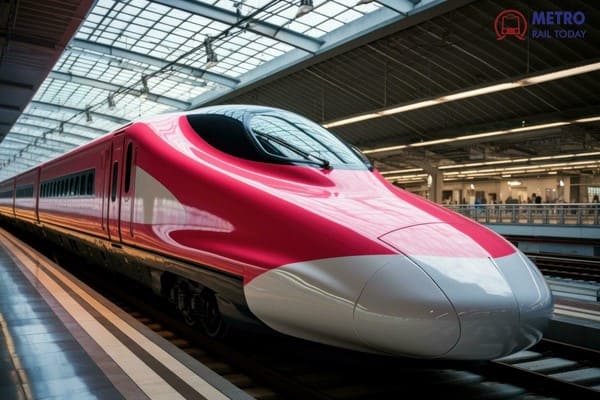
Bengaluru, India (Metro Rail Today): In a major stride toward India’s high-speed rail ambitions, state-owned BEML is set to begin manufacturing the country’s first indigenous bullet train prototype in September 2025, the company’s chairman and managing director Shantanu Roy confirmed to FE.
The prototype—part of a strategic initiative to boost India’s self-reliance in rail technology—is being developed at BEML’s existing Bengaluru facility, which currently produces Vande Bharat sleeper trainsets. The project, valued at ₹866.87 crore, includes the design, manufacture, and commissioning of two high-speed trainsets, each comprising eight coaches.
“The work is currently at the design stage. Critical design development should be complete in a few months, and we expect manufacturing to begin by September,” Roy stated. “This project involves next-level technology and learning in areas such as passenger safety, train control management systems, signalling, sheet metal work, and precision welding.”
High-Speed, High-Tech
These trains will be capable of speeds up to 280 kmph during testing, with an operational speed of 249 kmph. The trains are expected to be more cost-effective than international counterparts, with each coach priced at ₹27.86 crore—almost 40% lower than Japan’s Shinkansen coaches, which range between ₹46–48 crore per unit.
The first coach is expected to be ready by the end of FY 2025–26. Once it clears mandatory tests—including squeeze tests and climatic chamber evaluations—mass production of the remaining 15 coaches will follow.
“In high-speed rail, weight is critical. These coaches will be lightweight and rigorously tested for durability under various climatic conditions,” Roy explained.
Layers of Quality & Global Validation
To ensure compliance with international standards, BEML has onboarded globally recognized consultancies for multi-tiered quality assurance, including independent safety assessment, design verification, and advanced welding expertise.
“We have added multiple layers of validation. A renowned international firm is already validating our design, and we are involving welding experts and safety assessors throughout the process,” Roy added.
The bullet train initiative is a part of the Mumbai–Ahmedabad High-Speed Rail (MAHSR) project, being implemented with Japanese official development assistance through JICA, which is funding 81% of the costs at a concessional loan interest rate of 0.1%. The remaining investment is shared by the central government and the states of Maharashtra and Gujarat.
The Ministry of Railways has identified seven high-speed corridors under the National Infrastructure Pipeline (NIP), including Delhi–Varanasi, Mumbai–Nagpur, and Chennai–Bengaluru–Mysuru. Detailed project reports (DPRs) for several corridors have already been submitted, signaling a broader rollout of India’s high-speed rail network.
BEML is also gearing up to handle more projects in this space. “We are scaling up our capacity and training existing manpower to align with future high-speed rail requirements,” Roy said.
See the Future of Mobility at RailTrans Expo 2025
As India accelerates its transformation in the rail and transport sector, industry leaders, technology providers, and policymakers are invited to witness these innovations firsthand at the 5th RailTrans Expo 2025—a premier platform showcasing the country’s vision for smart, sustainable, and high-speed transportation, scheduled to take place on 26th & 27th June 2025 at Bharat Mandapam, New Delhi.





